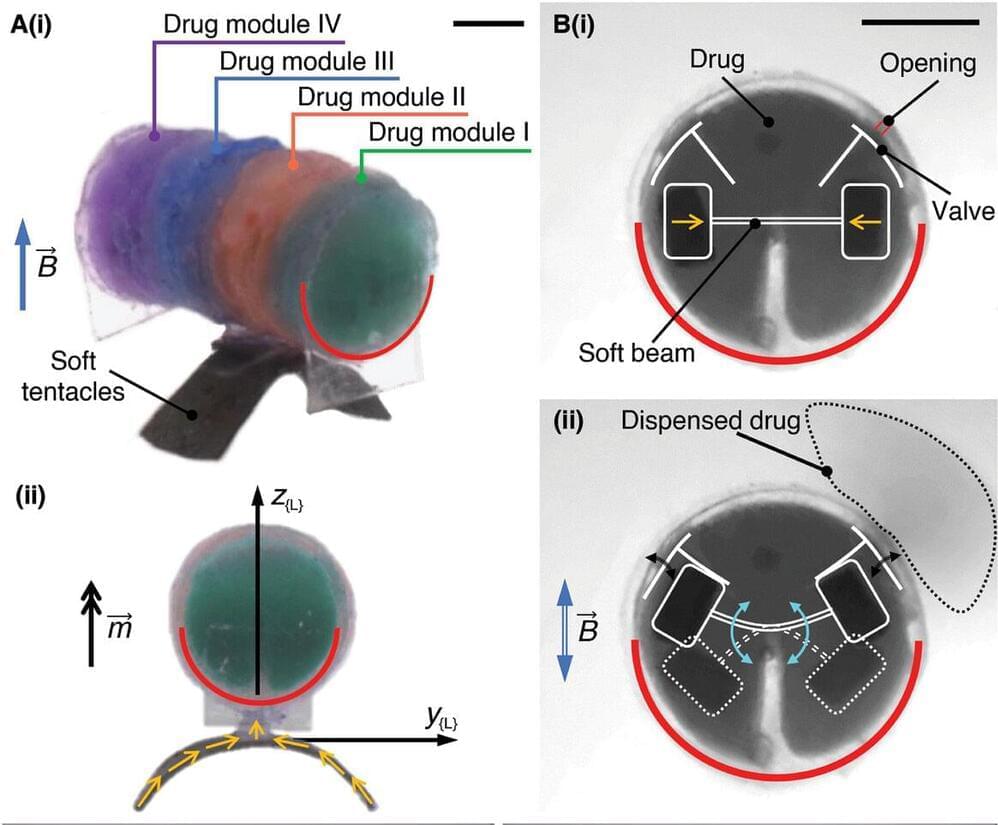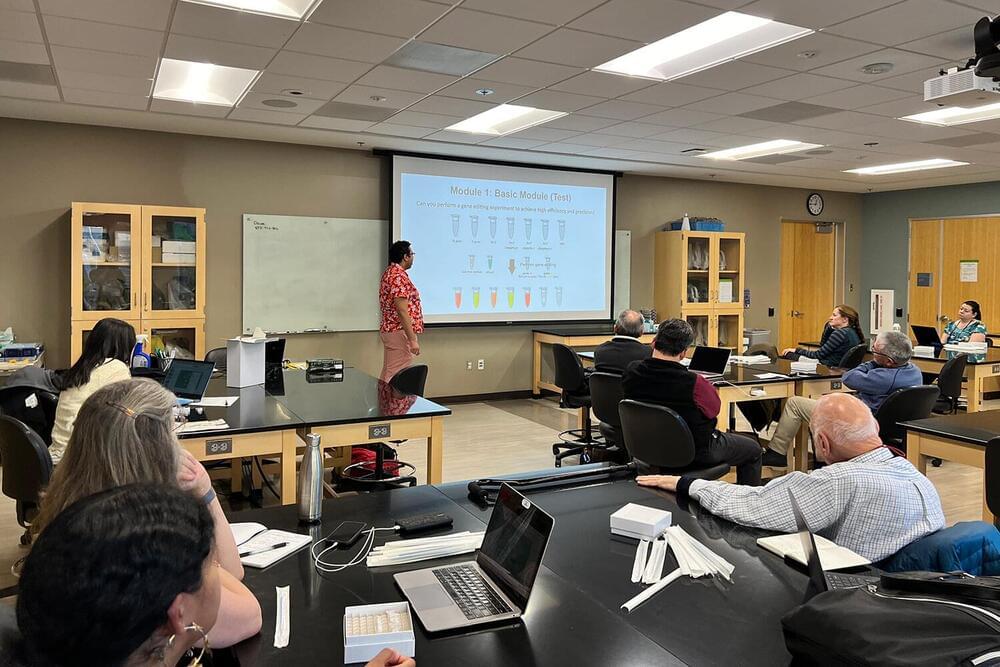Summery:
(
Mousavi, S., Seyedmirzaei, H., Shahrokhi Nejad, S. et al. Sci Rep 14, 21,936 (2024). https://doi.org/10.1038/s41598-024-73277-z.

Summery:
(
Mousavi, S., Seyedmirzaei, H., Shahrokhi Nejad, S. et al. Sci Rep 14, 21,936 (2024). https://doi.org/10.1038/s41598-024-73277-z.
Neurotech company Synchron has been making massive strides over the past couple of years. It’s just announced that a trial participant has used its brain-computer interface (BCI) to turn on the lights in his home, see who is at the door, and choose what to watch on the TV – hands-free and without even a voice command.
That’s thanks to Synchron’s interface translating his thoughts into commands relayed to Amazon’s Alexa service. The virtual assistant is set up on his tablet and connected to his smart home devices. The trial participant, who is living with amyotrophic lateral sclerosis (ALS) and can’t use his hands, can simply think about navigating through options displayed on the tablet to engage them.
A ‘Stentrode’ embedded in a blood vessel on the surface of his brain houses electrodes that detect motor intent. The participant uses his thoughts to select which tiles to press on the interface and perform actions via Alexa. Watch him use the system in the video below.

In recent years, these technological limitations have become far more pressing. Deep neural networks have radically expanded the limits of artificial intelligence—but they have also created a monstrous demand for computational resources, and these resources present an enormous financial and environmental burden. Training GPT-3, a text predictor so accurate that it easily tricks people into thinking its words were written by a human, costs $4.6 million and emits a sobering volume of carbon dioxide—as much as 1,300 cars, according to Boahen.
With the free time afforded by the pandemic, Boahen, who is faculty affiliate at the Wu Tsai Neurosciences Institute at Stanford and the Stanford Institute for Human-Centered AI (HAI), applied himself single mindedly to this problem. “Every 10 years, I realize some blind spot that I have or some dogma that I’ve accepted,” he says. “I call it ‘raising my consciousness.’”
This time around, raising his consciousness meant looking toward dendrites, the spindly protrusions that neurons use to detect signals, for a completely novel way of thinking about computer chips. And, as he writes in Nature, he thinks he’s figured out how to make chips so efficient that the enormous GPT-3 language prediction neural network could one day be run on a cell phone. Just as Feynman posited the “quantum supremacy” of quantum computers over traditional computers, Boahen wants to work toward a “neural supremacy.”

Following a monthslong battle over CEO Anne Wojcicki’s plans to https://www.sec.gov/Archives/edgar/data/1804591/000134100424000072/sc13da1.htm” rel=“noopener”>take 23andMe private, all seven independent members of its board https://investors.23andme.com/news-releases/news-release-det...oard?_gl=1*1eip6nf*_ga*MTI2OTU3NjA4NC4xNzI2NjYwNzU5*_ga_G330GF3ZFF*MTcyNjY2MDc1OS4xLjEuMTcyNjY2MDgyNy4wLjAuMA…" rel="noopener">resigned en masse Tuesday.
The move is almost certainly the final nail in the coffin for the embattled company known for its mail-order DNA-testing kit. Since https://www.bloomberg.com/news/articles/2021-02-04/2…on-merger” rel=“noopener”>going public via merger with a special purpose acquisition company (SPAC) in 2021, 23andMe has never turned a profit. Its price on IPO day was $10; so far in 2024, it has yet to reach a $1 valuation. Following the resignation of all its independent directors Tuesday, the stock fell to its rock bottom: $0.30. (As of midday Wednesday, it’s back to $0.36.)
The board includes Sequoia Capital’s https://fortune.com/2024/07/25/seqouia-capital-roelof-botha-…e-nvidia/”>Roelof Botha as well as https://fortune.com/2023/02/28/why-youtube-betting-neal-moha…time-ceo/”>Neal Mohan, who took the helm as CEO of https://fortune.com/company/youtube/”>YouTube last year after Susan Wojcicki, Anne’s late sister, https://blog.youtube/inside-youtube/a-personal-update-from-susan/” rel=“noopener”>stepped down.



British scientists have stored DNA information for an entire human on a crystal, which could be used to bring back humanity if we become extinct.
The team from the University of Southampton’s Optoelectronics Research Centre (ORC) used lasers to inscribe the data on a 5D crystal, which they said can survive for billions of years.
Unlike other storage formats, it does not degrade over time.

A small-N comparative analysis of six different areas of applied artificial intelligence (AI) suggests that the next period of development will require a merging of narrow-AI and strong-AI approaches. This will be necessary as programmers seek to move beyond developing narrowly defined tools to developing software agents capable of acting independently in complex environments. The present stage of artificial intelligence development is propitious for this because of the exponential increases in computer power and in available data streams over the last 25 years, and because of better understanding of the complex logic of intelligence. Applied areas chosen for examination were heart pacemakers, socialist economic planning, computer-based trading, self-driving automobiles, surveillance and sousveillance and artificial intelligence in medicine.

